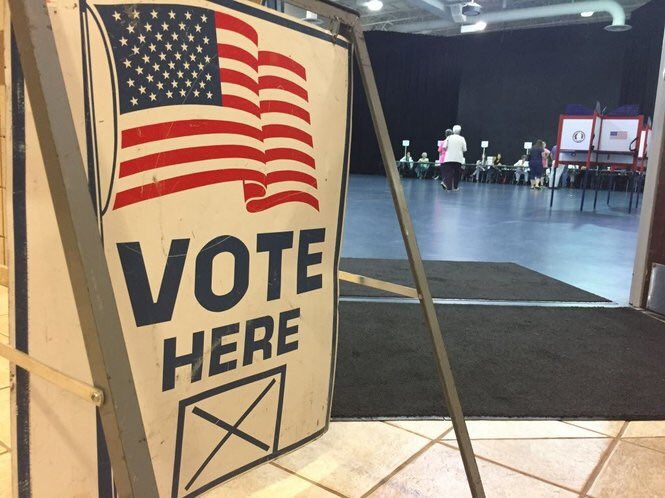- 14 3402-5578
- Rua Hygino Muzy Filho, 737, MARÍLIA - SP
- contato@latinoobservatory.org
On the table is a proposal to create a “heartland visa”, aimed at attracting highly skilled immigrants and entrepreneurs to areas of the United States facing population and economic decline. That idea has received support from the U.S. Conference of Mayors, a nonpartisan organization of mayors and other elected officials from cities with populations of 30,000 or more. The proposal aims to stimulate innovation, revitalization and job creation in declining communities.
Cleveland Mayor Justin Bibb highlighted the importance of skilled immigrants to the prosperity and economic resilience of cities. Mayors argue that these immigrants can help combat slowing population growth, which has been a threat to the economic dynamism and financial health of cities.
The Economic Innovation Group (EIG) proposed a heartlandvisa program in 2019, which requires dual membership: counties must opt into the program, and visa applicants can choose the participating region. Eligible counties are those with population decline, slow growth, or that reached their peak population before 1980. Visa holders need to reside in the qualifying area for a set period, but they can work remotely. The program suggests an annual minimum of 100,000 visas, each valid for three years and renewable for another three years, with the possibility of an accelerated path to permanent residency for high-income earners.
The proposal for location-based visas has received
bipartisan support. Polls indicate that about three-quarters of voters would
support the idea of allowing struggling cities to recruit highly skilled
immigrants. In addition, Republican governors, such as Eric Holcomb of Indiana
and Spencer Cox of Utah, have advocated state-sponsored visas as a solution to the national immigration crisis by
allowing states to attract new residents to meet the needs of their
communities.











